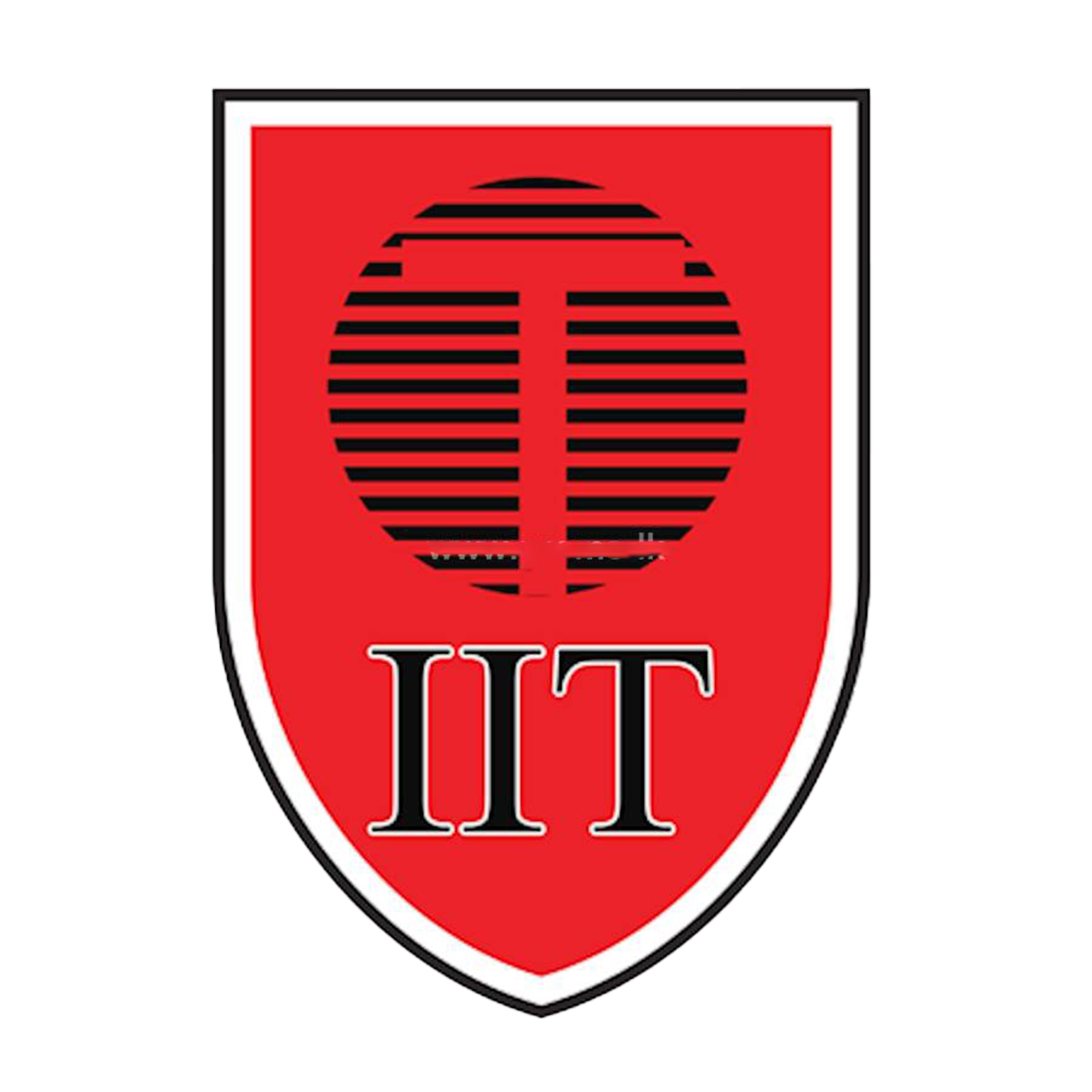
Professional Certificate in Java Programming with Object Oriented
Requirements:
Any individuals aspiring to learn Java programming and have strong analytical thinking.
Students who have completed GCE O/L or equivalent and have the aptitude to learn to program.
Students pursuing a degree or diploma in computer science, information technology, or a related field who want to specialize in object-oriented skills.
Description:
Why Java Programming?
Java isn't just a programming language; it's a powerhouse for building everything from enterprise-level applications to mobile apps and web services. Join us to harness the versatility of Java and become a master of software development.
The Java Programming with Object-Oriented Programming (OOP) course is designed to provide students with a comprehensive understanding of Java programming language and the principles of Object-Oriented Programming. Throughout the course, students will learn the fundamental concepts, syntax, and features of Java, as well as how to apply OOP principles to design and develop robust and efficient Java applications.
Enroll Today and Become a Java Developer Extraordinaire!
Ready to write code that transforms ideas into reality? Enroll now and let’s embark on a journey where you not only learn the art of Java programming but also create the software solutions of tomorrow.
Course Details
Java, a versatile and platform-independent language, empowers developers to create applications for diverse platforms, including desktop, mobile, web, and enterprise systems. Its high demand in the industry translates to abundant job opportunities, providing Java developers with job security and long-term career prospects. The language's scalability accommodates projects of all sizes, from small-scale applications to large-scale enterprise solutions. Additionally, Java's "write once, run anywhere" principle facilitates cross-platform development, a valuable skill in the dynamic field of software development.
Course Outline
Introduction to Java
– Overview of Java and its features
– Setting up the Java development environment
– Writing and executing Java programs
– Basic syntax and data types in Java
– Introduction to control flow and decision-making statements
Object-Oriented Programming (OOP) Principles
– Introduction to Object-Oriented Programming
– Classes, objects, and methods
– Encapsulation, inheritance, and polymorphism
– Abstraction and interfaces
– Introduction to UML (Unified Modeling Language) diagrams
Working with Classes and Objects
– Creating and using classes
– Constructors and method overloading
– Access modifiers and encapsulation
– Inheritance and overriding methods
– Using static members and variables
Arrays and Exception Handling
– Working with arrays and array lists
– Exception handling and error propagation
– Handling checked and unchecked exceptions
– Custom exception classes
Java Collection Framework
– Introduction to the Java Collection Framework
– Working with Array List, LinkedList, HashSet, and HashMap
– Using iterators and enumerations
– Collections utility class
File Handling and Input/Output (I/O)
– Reading from and writing to files
– Byte streams and character streams
– File and directory operations
– Serialization and deserialization
Multithreading and Concurrency
– Introduction to multithreading
– Creating and managing threads
– Thread synchronization and inter-thread communication
– Using synchronized methods and blocks
GUI Programming with JavaFX
– Introduction to JavaFX
– Creating graphical user interfaces (GUIs) with JavaFX
– Event handling and controls
– Layout management
Database Connectivity with JDBC
– Introduction to JDBC (Java Database Connectivity)
– Connecting to databases
– Executing SQL statements
– Retrieving and manipulating data
– Handling transactions
Advanced Java Concepts
– Generics and type safety
– Enumerations and annotations
– Lambda expressions and functional interfaces
– Reflection and dynamic class loading
Web Development with Java Servlets and JSP
– Introduction to web development with Java
– Java Servlets and their lifecycle
– Java Server Pages (JSP) and JSP directives
– Handling user input and session management
Project Development and Best Practices
– Working on a Java project
– Applying best practices in Java programming
– Code optimization and debugging techniques
– Testing and debugging Java applications
– Review and final project presentation
Learning Outcomes
ILO1: Identify a systematic approach to programming and object-oriented codes which explains and handles generic classes and methods.
ILO2: Recognize, at an introductory level, a knowledge of the vocabulary and syntax of the Java programming language.
ILO3: Apply basics of OOP concepts for a programming task.
ILO4: Develop programs with conditionals and loops.
ILO5: Contribute to the diagnostics, troubleshooting, documenting and monitoring of technical problems using appropriate methodologies and tools.
ILO6: Understand the concepts of database and database management systems.
To Whom?
– Individuals who are new to the IT industry and want to gain foundational knowledge and skills in java programming.
– University students who want to have hands-on experience in Java programming.
– Working professionals who want to enhance their skill on object-oriented language which relates to web and mobile applications, embedded systems, and big data technologies.
How to Apply?
Please feel free to contact us for further details,
IIT Professional Development Unit
0770566577 | pdu@iit.ac.lk
Address : 57, Ramakrishna Road, Colombo 06, Sri Lanka.
Phone : 766760760
Email : info@iit.ac.lk
Website : https://www.iit.ac.lk
Available:
Informatics Institute of Technology
-
Stream: Vendors Certifications
-
Level: Professional Certifications